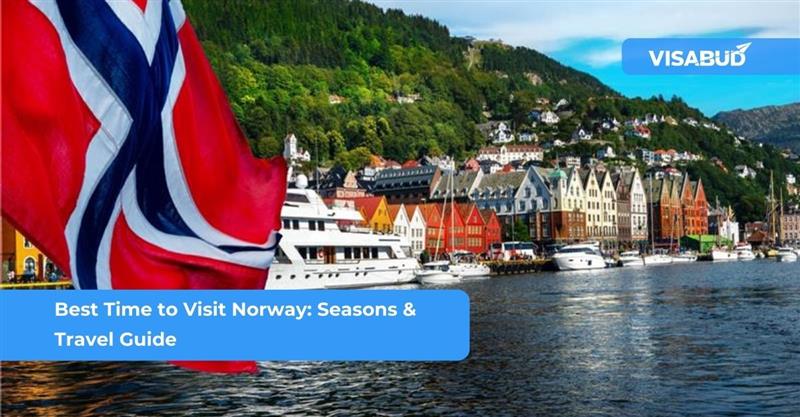Europe is a continent with diverse visa policies, varying from one country to another. The establishment of work visa programs across European nations aims to address their specific labor needs and bridge the job shortages that have developed over the past decades. As such, work visa criteria, requirements, and application processes differ significantly depending on each country’s labor demands and legislation.
Let’s delve into some of the most common questions regarding working in Europe.
Who Can Work in Europe?
Anyone who meets the specific criteria and requirements can work in Europe. Citizens of the United States, Australia, Canada, Israel, Japan, New Zealand, Switzerland, and EU member states do not need to apply for a work visa to work in Europe. However, they are typically required to obtain a residence and work permit upon arrival in their chosen European country.
For citizens of other countries, securing a work visa is a prerequisite for working in European territories.
Types of Work Visas for Europe
It’s essential to clarify that there is no such thing as a Schengen work visa. The Schengen visa primarily covers tourism, family visits, business trips, and medical purposes. To work in any EU or Schengen member country, individuals must apply for the appropriate work permit issued by the respective European nation.
Requirements and Documentation for a European Work Visa
The standard requirements for a European work visa include:
- Application form
- Two recent passport-sized photos (taken within the last three months)
- Valid passport (not older than ten years and valid for at least three months beyond the intended travel date)
- Round-trip flight reservation (indicating inbound and outbound flight details)
- Travel medical insurance (covering medical emergencies with hospital care up to 30,000 euros)
- Proof of accommodation (details of where you will be residing)
- Employment contract (signed by you and your future employer)
- Proof of language skills (demonstrating proficiency in the country’s official language)
It’s important to note that individual European countries may have additional requirements.
Validity and Cost of Europe Work Visas
Most European work visas are valid for one year, with the possibility of extension in most countries. The cost of a work visa varies depending on the European Union country in question. For example, France may charge as much as $100, while Germany’s fee is $80. Spain’s fees may vary based on the applicant’s nationality. Keep in mind that these fees can change over time, so stay updated on any adjustments to the fee schedule.
Easiest European Countries to Obtain a Work Visa
While Europe has historically been known for its strict immigration policies, some countries are making it easier for non-European citizens to obtain work visas:
- Germany: Germany employs a points-based system, the “Chancenkarte,” allowing job seekers to move to the country before securing employment.
- Denmark: Denmark actively seeks professionals from various sectors, especially in fields like science, engineering, law, healthcare, education, IT, and skilled trades.
- Ireland: Ireland offers work visas such as the Critical Skills Employment Permit for highly skilled workers and the General Employment Permit. You must secure a job before applying for a visa.
- Portugal: Portugal has introduced a short-term visa for workers staying up to nine months, allowing employment with multiple companies for seasonal work.
- Finland: Finland offers a 14-day expedited process for highly skilled workers and start-up entrepreneurs.
Is It Difficult to Get a Work Visa for Europe?
The ease of obtaining a work visa in Europe depends on the specific immigration policies of each member state and whether your profession aligns with their labor needs. Before applying for a work visa, research your eligibility and ensure you meet the criteria for your chosen destination.
Visas for Digital Nomads in Europe
Several European countries, including Portugal, Croatia, the Czech Republic, Estonia, Germany, Hungary, Greece, Iceland, Italy, Malta, Romania, Spain, and Norway, offer visas for digital nomads, catering to telecommuters from abroad.
How to Apply for a European Work Visa with an Agent
To obtain a work visa for Europe, follow these steps:
- Check the work visa options available in your desired country.
- Determine your eligibility for a work visa.
- Collect the required documentation for your application.
- Schedule a visa interview or submission.
- Await processing of your visa application.
While this is the standard procedure, remember that specific requirements and processes may vary depending on the country.
Can I Extend an EU Work Permit?
Most European countries allow for the extension of work permits, provided you meet the necessary criteria. However, an extended work permit typically does not replace a residence permit or a working holiday visa and applies exclusively to formal employment with a registered business.
If you require assistance with working visas in Europe or have inquiries about VisaBud services, please feel free to reach out to our dedicated customer service team. You can contact us at any time by emailing [email protected]. Our team of experts is available around the clock, 24 hours a day, to provide you with the information and support you need.







